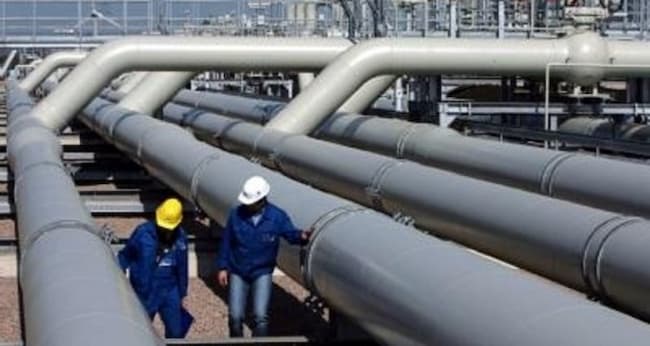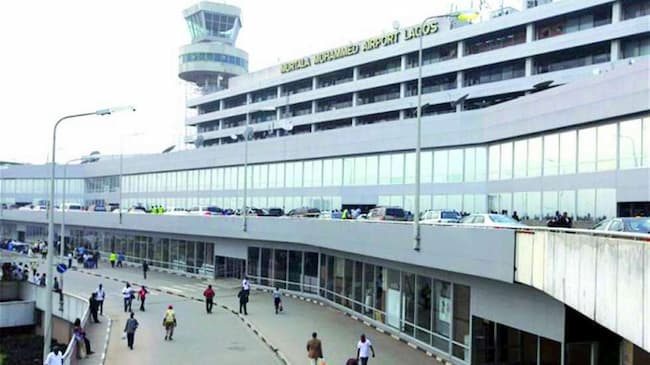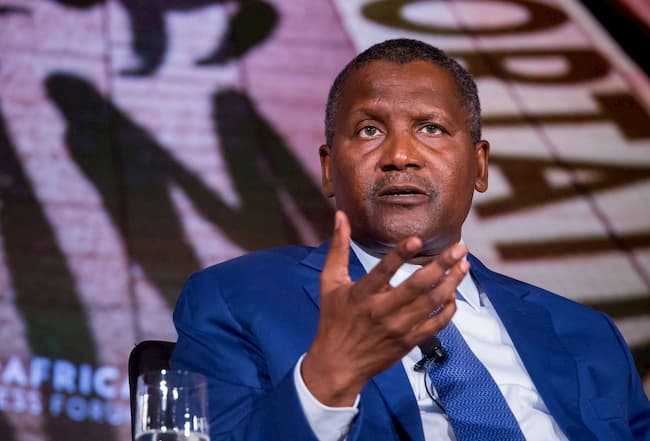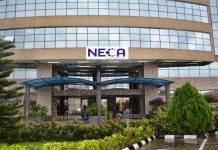Despite abundance of gas deposit in Nigeria, 62 per cent of the Liquefied Petroleum Gas, LPG, also known as cooking gas, supplied in the country in January 2021 was imported, according to data obtained from the Petroleum Products Pricing Regulatory Agency, PPPRA.
This is contrary to claims made by the Federal Government that it is striving to promote increased utilisation of Nigeria’s huge gas resources, put at about 203.16 trillion cubic feet.
The regular importation of cooking gas to plug gaps in local supply has led to increase price of the gas amid devaluation of naira and dollar scarcity.
According to the PPPRA report of LPG supplied in January this year, a total of 78,099.587 metric tonnes, MT of LPG in vacuum, VAC, was supplied in Nigeria in the month under review, by seven companies.
This represented 36.5 per cent reduction from 123,053.531 MT of cooking gas supplied in December 2021.
READ ALSO: Nigeria Risks Losing 40% Revenue To Low Oil, Gas Demand – Report
About 48,399.018 MT (VAC) of LPG was imported in January, while the remaining 29,700.569 MT(VAC) was sourced locally.
The volume of cooking gas imported into the country in January 2020, by four companies, represented a reduction of 27 per cent, compared to 66,255.152 MT (VAC) imported in December 2020.
On the other hand, the volume of cooking gas sourced locally for consumption in January was 47.7 per cent lower than the 56,798.379MT (VAC) of LPG sourced locally in December 2020.
Specifically, in December 2020, a total of 123,053.531MT (VAC) of LPG was supplied, with 66,255.152 MT (VAC) of LPG imported, while 56,798.379MT (VAC) was sourced locally.
In January this year, NIPCO was the highest importer of the commodity into the country with 15,186.556 MT (VAC) of the product, representing 31.4 per cent of the total import.
Algasco LPG Services Limited a subsidiary of Vitol imported 3,054.131 MT (VAC) of LPG in the period under review.
Other importers of the commodity into the country are: Matrix Energy, 12,693.054 MT (VAC); Prudent Energy and Services Limited, 11,394.405 MT (VAC) of LPG; and Rainoil imported 6,070.872 MT (VAC) of the product.
On the other hand, of the 29,700.569 MT (VAC) of LPG sources locally in January, Techno Oil supplied 6,892.990 MT (VAC); and Algasco, 13,152.280 MT (VAC) and Stockgap Fuels Limited, 9,353.053 MT (VAC).
READ ALSO: NNPC Secures $1 Billion For Port Harcourt Refinery Overhaul
The products were discharged at Lister Jetty, Apapa; Matrix Jetty, Warri; Prudent Energy Jetty, Oghara; Bulk Oil Plant, Apapa; North Oil Jetty and Stockgap Jetty, Port Harcourt.
The Nigerian Association of Liquefied Petroleum Gas Marketers (NALPGAM) led by its Executive Secretary, Mr Bassey Essien appealed to the Federal Government to urgently intervene in arresting the galloping hike in the prices of cooking gas across the country.
The price of 12.5kg of cooking gas has increased from N3,300 to N4,200 and N5,500 at retail outlets in the last few months.
NALPGAM appealed to the government to put in place a policy that would encourage full domestication of Liquefied Petroleum Gas (LPG), also known as cooking gas.
The marketers said every local producer of gas should be mandated to domicile all molecules produced in the country as against the situation of being a major exporter of gas produced as well as a major importer of gas.
“If all molecule of gas produced should be domesticated, the local markets will be adequately supplied and prices stabilised.
“By this way, the concerted efforts of the Federal and State government agencies to encourage the use of gas would not be in vain.
“Thus, we urge your urgent intervention to address the plight of stakeholders; else all the expansion programmes of the government would be an exercise in futility,” NALPGAM said.
The marketers noted that the government in line with its aspiration to deepen gas utilisation in Nigeria, had urged investors to harness investment opportunities in the entire gas value chain to bridge the gap in other domestic gas usage in the country.












